The Safari Ficus, also known as Ficus elastica ‘Safari’, is a captivating outdoor plant that stands out with its bold foliage and robust growth. Often recognized for its striking leaves, this variety of the rubber plant is a fantastic addition to gardens and landscapes, offering both aesthetic appeal and versatility.
Appearance and Unique Features
The Safari Ficus features large, glossy leaves that are dark green, often with hints of burgundy or maroon, especially in younger leaves. The leaves are oval-shaped and can grow quite large, giving the plant a lush, tropical appearance. As the plant matures, its leaves may develop a more varied color palette, contributing to its ornamental value.
This evergreen shrub can reach heights of 6 to 10 feet when grown outdoors, making it a substantial presence in any garden. Its dense foliage not only adds texture but also creates an inviting, verdant backdrop for other plants.
Care and Maintenance
Caring for the Safari Ficus outdoors is relatively easy, making it a popular choice among gardeners. Here are some essential care tips:
- Light: The Safari Ficus thrives in bright, indirect light but can tolerate some direct sunlight. However, too much direct sun can scorch the leaves, so a spot with filtered light is ideal.
- Watering: This plant prefers to dry out slightly between waterings. Water thoroughly when the top inch of soil is dry, ensuring proper drainage to prevent root rot. During hotter months, more frequent watering may be necessary.
- Soil: A well-draining potting mix or garden soil enriched with organic matter is best for the Safari Ficus. It can tolerate a range of soil types but thrives in slightly acidic to neutral pH levels.
- Humidity: While it can adapt to various humidity levels, the Safari Ficus benefits from higher humidity. In drier climates, consider misting the leaves or using a pebble tray with water to maintain moisture.
Landscaping Uses
The Safari Ficus is highly versatile in landscaping:
- Specimen Plant: With its impressive size and striking foliage, it can serve as a focal point in gardens, creating a bold statement.
- Privacy Screens and Hedges: When planted in rows, the dense growth of the Safari Ficus makes it an excellent choice for privacy screens or hedges, providing shelter from wind and noise.
- Container Gardening: This plant can also thrive in large containers, making it suitable for patios or balconies, where it can be easily moved or arranged for seasonal changes.
Environmental Benefits
The Safari Ficus contributes positively to the environment:
- Air Purification: Like many members of the Ficus family, the Safari Ficus is known for its air-purifying qualities, helping to filter pollutants from the air.
- Habitat Creation: It provides shelter for birds and beneficial insects, supporting local wildlife and biodiversity.
Pest and Disease Management
While generally hardy, the Safari Ficus can be susceptible to common pests such as spider mites, mealybugs, and scale insects. Regular inspection and maintaining good air circulation can help prevent infestations. If pests do appear, they can often be managed with organic treatments like neem oil or insecticidal soap.

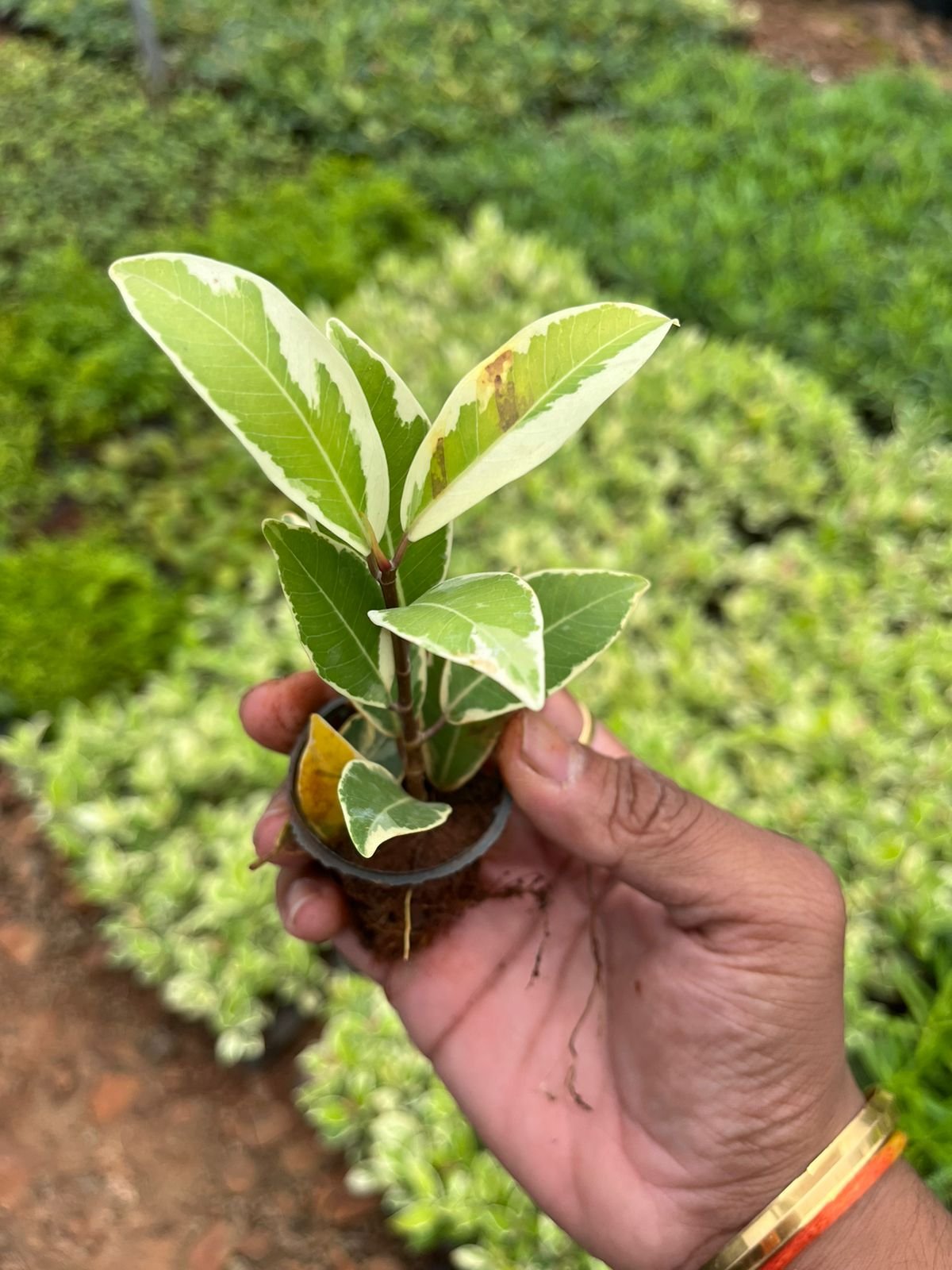
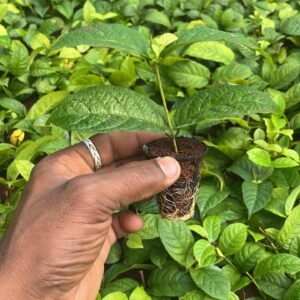
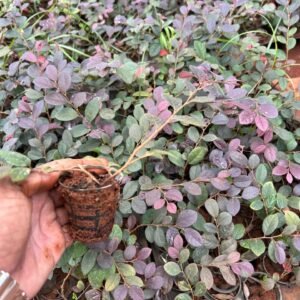
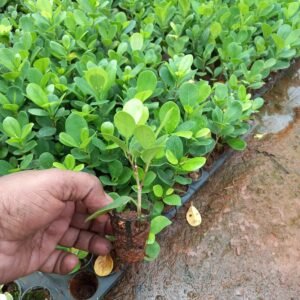
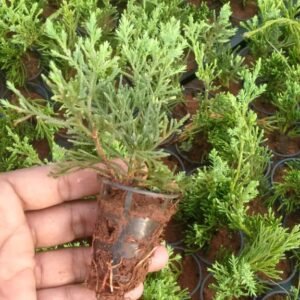
Reviews
There are no reviews yet.